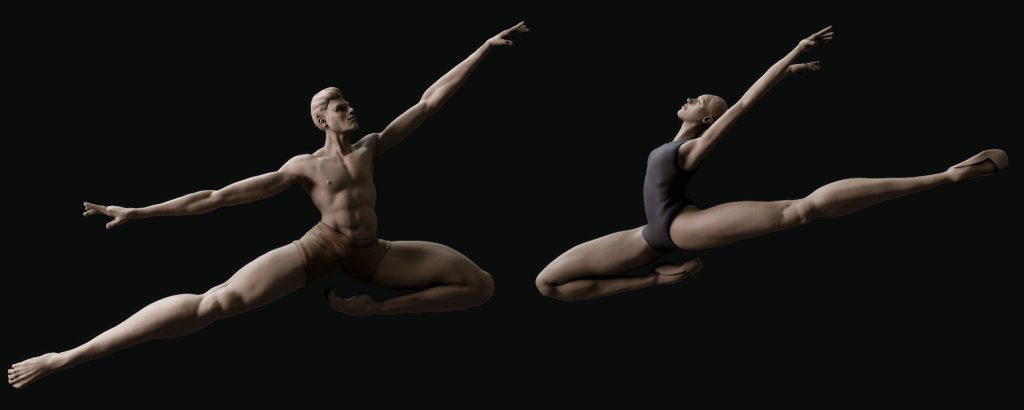If someone asks you “coldly”: “Do you prefer to fight or dance?”
What would you reply?
Probably the most immediate answer would be: “It depends”.
And if you knew that the final result of the hypothetical fight would always and in any case be in favor of the opponent, dancing would immediately appear to be the most tempting choice.
The fascinating chats I had with my surfer friends have some common denominators: waiting for the right moment, riding the wave and returning to shore, possibly safe and sound.
For those who ride the ocean waves, in fact, it seems that getting back to shore with ease is often something not so obvious.
The strong currents sometimes prevent the return and to gain the shore it is necessary to go along with them, perhaps moving a few miles and then returning to the land to the starting point after some zizzing in the sea.
The same goes for those who ride the air currents and with the paraglider must descend to base camp or on the target.

Both, men of the sea and of the air, engage with the element in which they are immersed in a real dance, sometimes sweet and light like an English waltz, sometimes more decisive like a rumba or a tango.
Whoever tries to fight the element, to bend it to his will most of the time succumbs and does not reach the goal.
The same happens in our life with the sea in which we are constantly immersed: our emotions.
We can decide to fight them or ignore them (which is the other side of the coin) and risk making bad decisions, being disconnected from those around us, from the present situation, from the context and therefore not fully live and be people perpetually on the defensive.
A leader who fights his own and others’ emotions or ignores them, for example, will never be a leader to the end.
Or choose to dance with them. To engage between the two of us that series of movements that at first could be broken down but slowly become harmonious and fluid.
There are no good or bad emotions, right or wrong.
Emotions are vibrations that bring information and that always, more or less pleasant as they are, are there to tell us about us and how we are interpreting an event, a thought, a dream, a relationship.
Making emotions our allies makes us better people, companions, parents, managers, better leaders.
Some food for thought on some learnings to take into consideration, just to start the dances:
First learning : emotions are signals that perform an essential function for our survival. They are not to be “blindly obeyed,” but they are not to be ignored.
Second learning : The body is the first place to focus in order to become emotionally intelligent.
Third learning : emotions never travel alone, they mix, compose and break down or rather they carry signals and vibrations that we compose and break down.
Fourth learning : also for emotions it is useful to have a good vocabulary, to know how to name them.
Fifth learning : we are co-architects of our emotions. So we can learn to manage them and refine our ability to “create” them in ourselves and in others.

